You are at your favourite concert and someone blocked your view by recording the entire show on their phone, or perhaps they talked loudly through your favorite song. Sounds like a terrible experience, right?
In order not to let this happen, or if you do not want to be that fan, following proper concert etiquette is essential. In this article, we’ll walk you through everything you need to know about concert etiquette, from start to finish, so you can be the kind of concertgoer everyone appreciates.
What Are Some Concert Etiquettes?
Concert etiquette includes all the unwritten (and sometimes written) rules that help create a positive experience for everyone at a live music event. Having attended many concerts across various genres over the years, I’ve seen how good etiquette can make or break the experience.
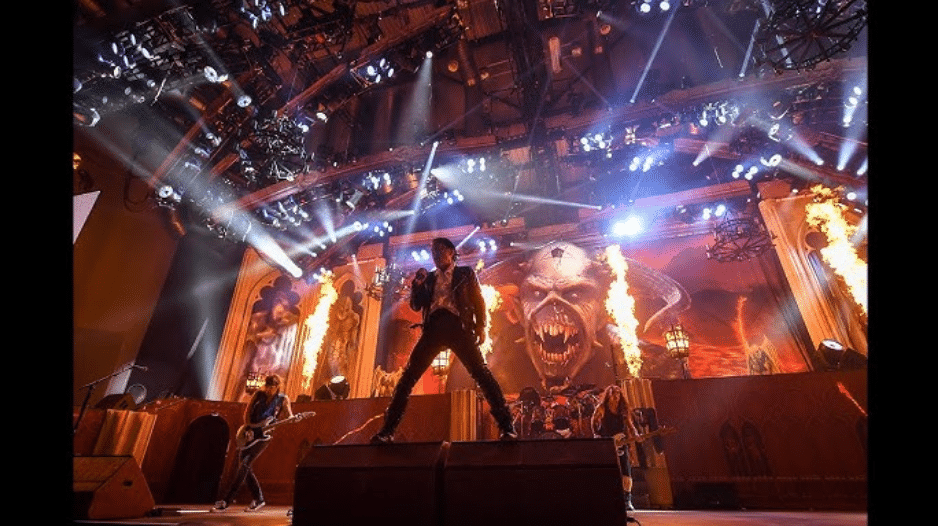
The foundation of concert etiquette is respect—respect for the artists performing, respect for fellow attendees, and respect for the venue. When everyone follows basic etiquette guidelines, it creates a harmonious environment where the music takes center stage, not distractions or conflicts.
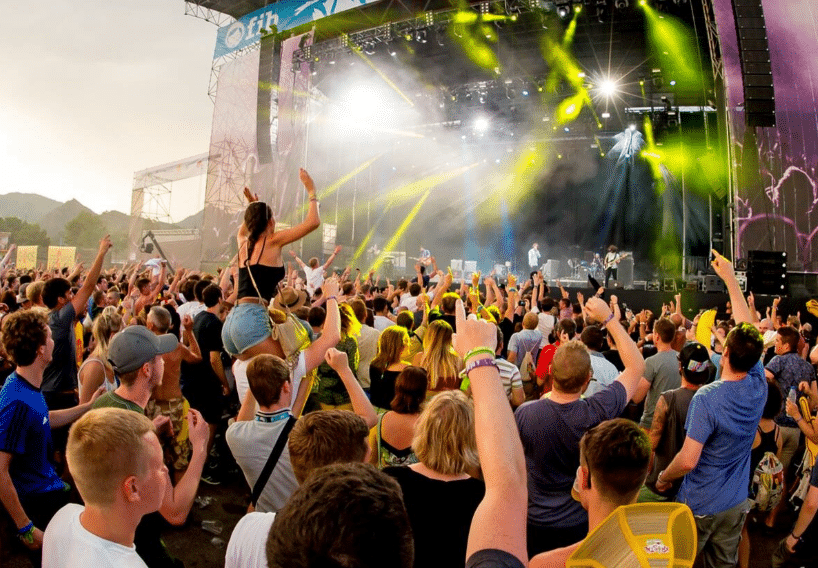
Different genres often have their own specific etiquette expectations. For example, a classical concert at a symphony hall demands different behavior than a punk show featuring a mosh pit. Therefore, understanding the context of the event you’re attending is important for fitting in and showing proper respect.

Remember that concert etiquette isn’t meant to lower your enjoyment, but it’s quite the opposite. By following these guidelines, you’re contributing to an atmosphere where everyone, including you, can fully enjoy the musical experience.
Key aspects of concert etiquette include:
- Be mindful of your physical presence and the space you occupy.
- Respect performers by limiting distractions.
- Be considerate with your phone usage, photography, or videography.
- Manage your consumption of food, drinks, and substances responsibly.
- Understand appropriate behavior for specific concert types

What Are The Rules For Concerts?
Beyond the rules of etiquette, most concert venues and promoters establish formal guidelines that all attendees must follow. These rules exist for safety, legal compliance, and to protect the experience of all concertgoers.
- When you purchase a ticket to a concert, you’re essentially agreeing to the venue’s policies. It’s always best to check the venue’s website before attending.
- Most venues prohibit outside food and drinks, though policies vary regarding water bottles. Security checks are standard at entry points, and prohibited items typically include weapons, illegal substances, professional recording equipment, and sometimes backpacks or large bags.
- Many artists have specific photography or recording policies, too. Some ban it entirely, others allow phone photos but no flash, and some have no restrictions at all.
- Venues also have clear policies about smoking, vaping, and substance use. Even in states where marijuana is legal, most venues still prohibit smoking of any kind indoors. Breaking these rules can result in ejection without a refund.
Concert Etiquette For Audience: Do’s And Don’ts Of Concert Etiquette
Now let’s break down the specific behaviors that make for a positive concert experience for everyone involved. These guidelines will help you through any live music event with confidence and consideration.
Dos Of Concert Etiquette
Here are some aspects you should follow at a concert to make your experience memorable.
1. Arrive at an appropriate time
While punctuality is important, what constitutes “on time” varies by concert type. For classical performances, arrive at least 15-30 minutes early to be seated before the performance begins.
For rock shows with multiple bands, I usually aim to arrive when the doors open if I want to see all the acts. If you’re only interested in the headliner, research typical set times for that venue or tour to plan accordingly.
2. Be mindful of your space
At standing-room shows, maintain awareness of your physical presence. If you’re tall, consider standing toward the back or sides so you don’t block others’ views. When I attend general admission shows, I make a point of checking with shorter people behind me to make sure they can see.
3. Support opening acts respectfully
These artists are working hard to build their careers, and everyone starts somewhere. I’ve discovered some of my favorite bands by paying attention to openers rather than talking through their sets or staying at the bar.
4. Dress appropriately for the venue and genre
At outdoor festivals, comfortable shoes are essential. For indoor clubs, layers are helpful as temperatures can fluctuate dramatically when venues fill up.
5. Thank the staff
Security personnel, bartenders, and other venue staff deal with challenging situations to keep events running smoothly. A simple “thank you” to the security guard checking bags or the person cleaning bathrooms goes a long way.
Don’ts Of Concert Etiquette
These are some things that you’re not supposed to do while attending your favourite concert.
1. Don’t record the entire show
Brief videos or a few photos as mementos are generally acceptable, but watching an entire concert through your phone screen diminishes both your experience and potentially blocks the view of others.
2. Don’t have lengthy conversations during performances
Quick comments to friends are fine, but extended conversations are distracting. At a recent acoustic show, a group near me talked so loudly that the performer actually stopped mid-song to ask them to quiet down.
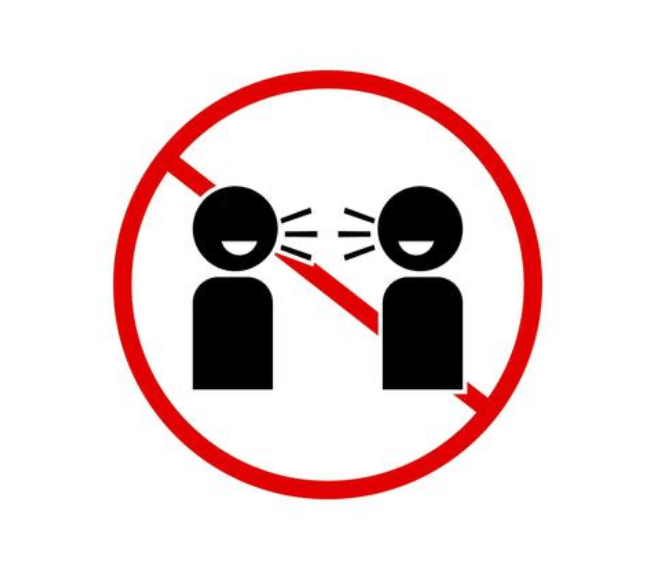
3. Don’t push to the front late in the show
If you arrive after a show has started, accept that prime spots may be taken. Forcing your way to the front is considered extremely rude, especially if you displace fans who waited hours for their position. Instead, look for natural gaps or spaces along the sides.
4. Don’t overindulge in substances
While many concert experiences involve alcohol or other substances, becoming excessively intoxicated can ruin the experience for those around you and potentially create dangerous situations.
5. Don’t wear excessive fragrance
In close quarters, strong perfumes or colognes can trigger allergies or headaches in those around you.
Tips To Make The Most Of The Concert
If you want to have a smooth experience while still being considerate, here are my tried-and-true tips for maximizing enjoyment:
- Research the venue in advance: Knowing the layout, parking options, and nearby amenities can reduce stress and help you plan accordingly. It’s always good to check venue maps online to identify optimal viewing spots and bathroom locations.
- Bring only the essentials: A small bag with your ID, payment method, phone, and any necessary medications is ideal. The less you carry, the more freely you can move and dance.
- Wear earplugs designed for concerts: Quality acoustic earplugs reduce volume while maintaining sound clarity. After experiencing temporary hearing loss following a particularly loud show in my twenties, I never attend concerts without them now.
- Stay hydrated, especially at high-energy shows: Dehydration can lead to lightheadedness or fainting in crowded, hot venues. Always buy a bottle of water first thing upon arrival, even before any alcoholic beverages. Now even hydration packs that look like a backpack are a hit among concertgoers.
- Make friends with those around you: A simple nod or brief introduction to your neighbors creates a more pleasant shared experience. Some of my most memorable concert moments have come from spontaneous connections with fellow fans.
- Be prepared for the weather at outdoor events: Sunscreen, rain ponchos, or warm layers can make the difference between misery and enjoyment. You don’t want to end up with a painful sunburn that lasts months.
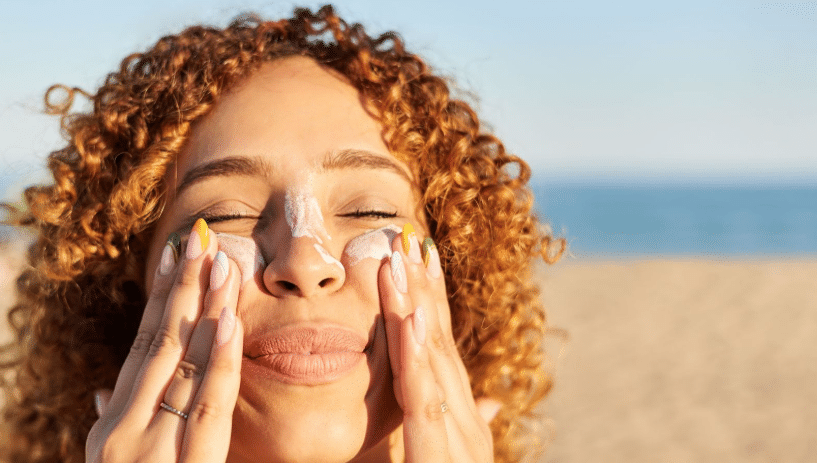
- Have a designated meeting spot if attending with friends:
Cell service is often unreliable in crowded venues. We always choose a specific location to regroup in case we get separated.
Some additional concerts to make the most out of your experience:
Conclusion: Concert Etiquette Makes Your Musical Experience Joyful And Safe
Concert etiquette isn’t about imposing unnecessary restrictions, and it’s about creating a space where the music can be fully appreciated by everyone present. From respecting artists’ no-photo policies to being mindful in a crowd, these guidelines help ensure that live music remains an enjoyable communal experience.
If you’re prepping for your first live show, remember that we all share responsibility for maintaining the magic of live performance. So next time you’re at a concert, be the fan you’d want standing next to you. Your fellow music lovers will thank you!
Find upcoming concerts in your area and get ready to put these etiquette tips into practice!
FAQs
Concert attire varies by genre and venue. Classical concerts typically require formal or business casual wear, while rock shows allow casual clothing.
Audience etiquette means being respectful of performers and fellow attendees.
When standing at a concert, respect others’ space, avoid blocking shorter people’s views, and follow crowd movement norms for the specific genre.
Etiquette of music means giving performances your full attention, following genre-specific customs for audience participation, and acknowledging the skill and effort of musicians.
Bad concert etiquette includes recording entire shows, excessive talking during performances, pushing through crowds disruptively, extreme intoxication, and ignoring venue rules.
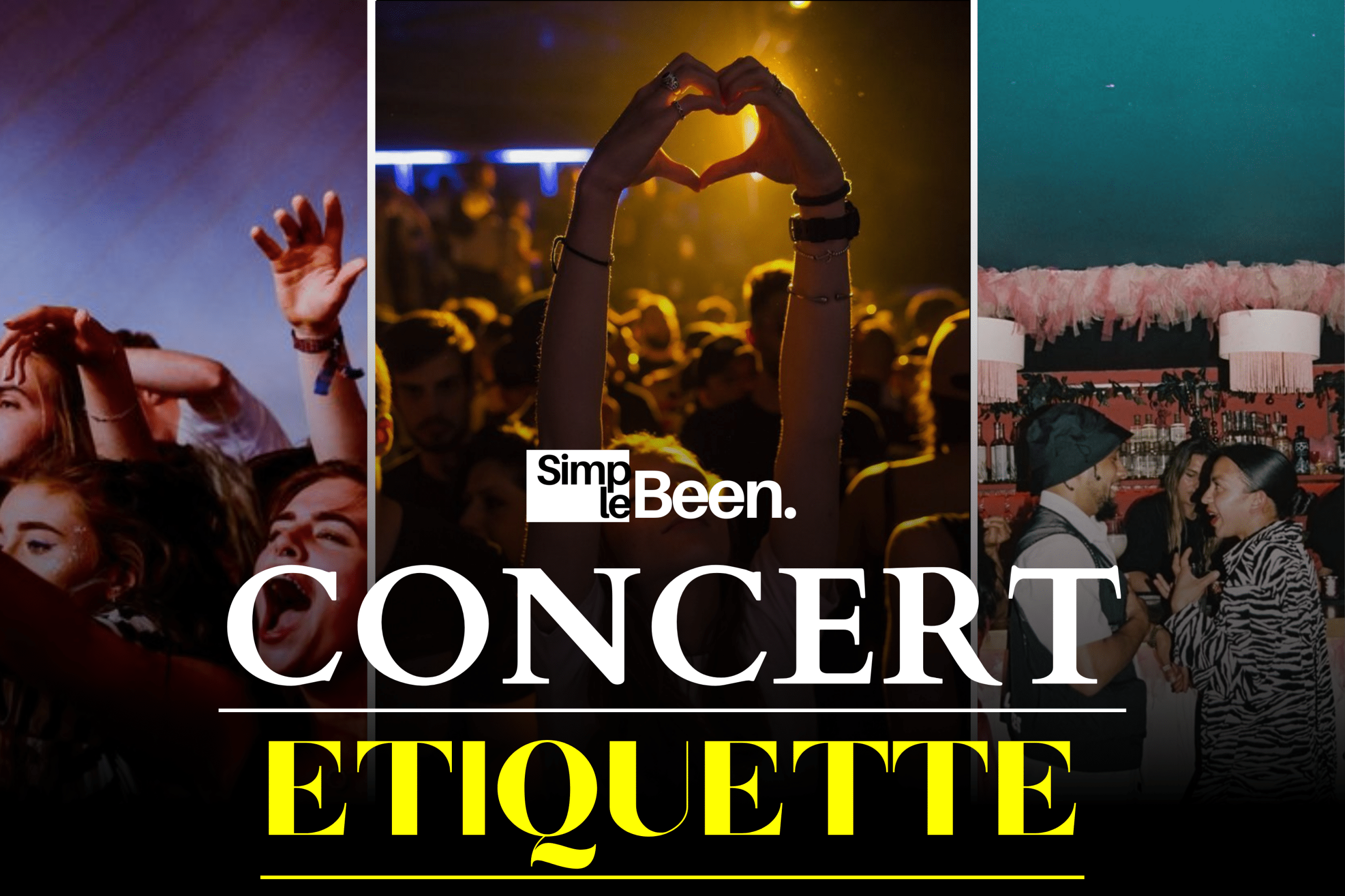
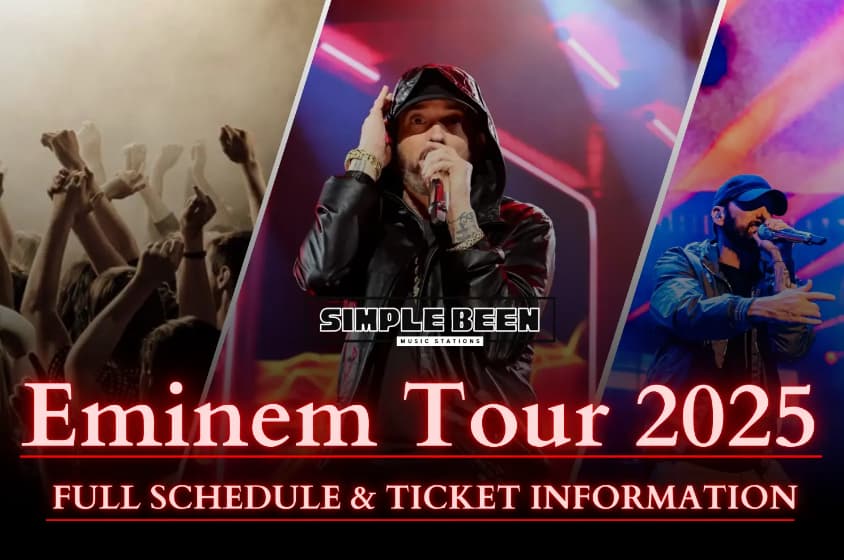
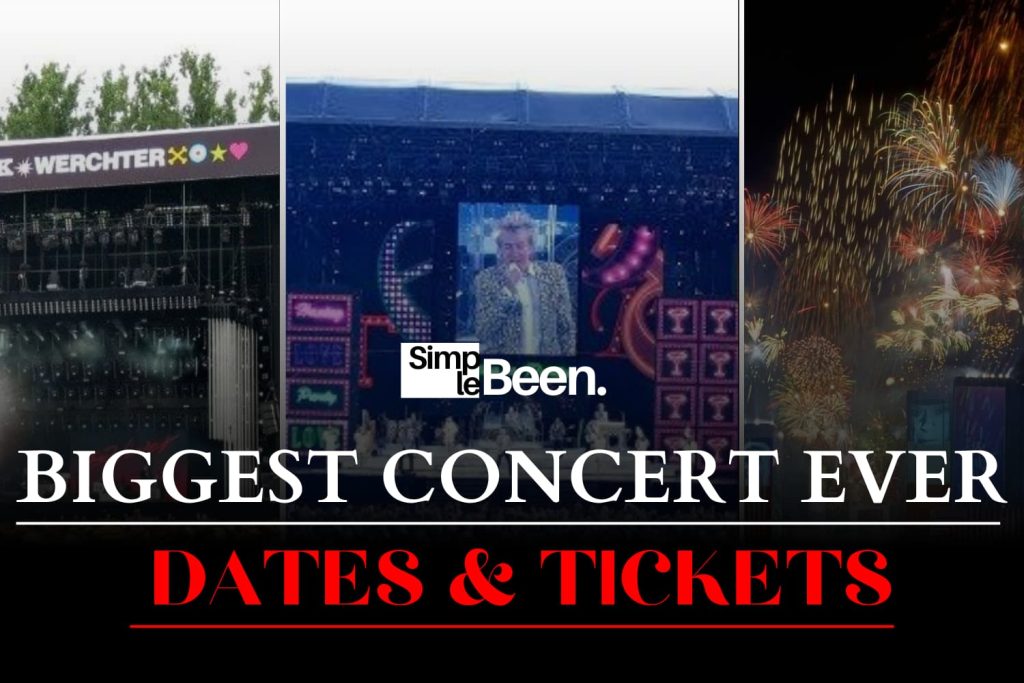

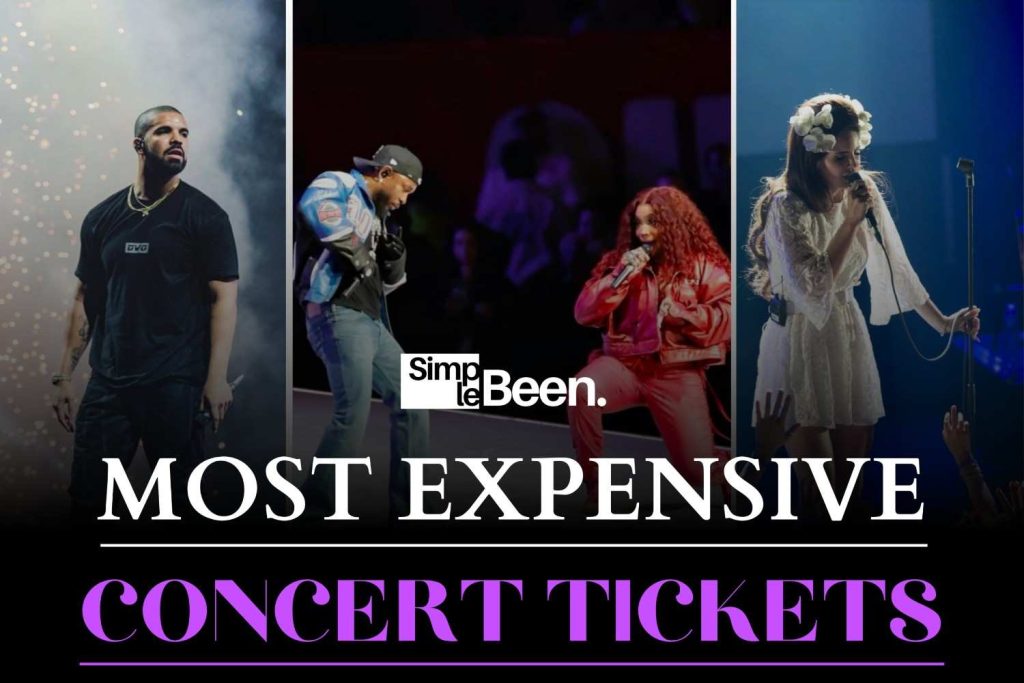
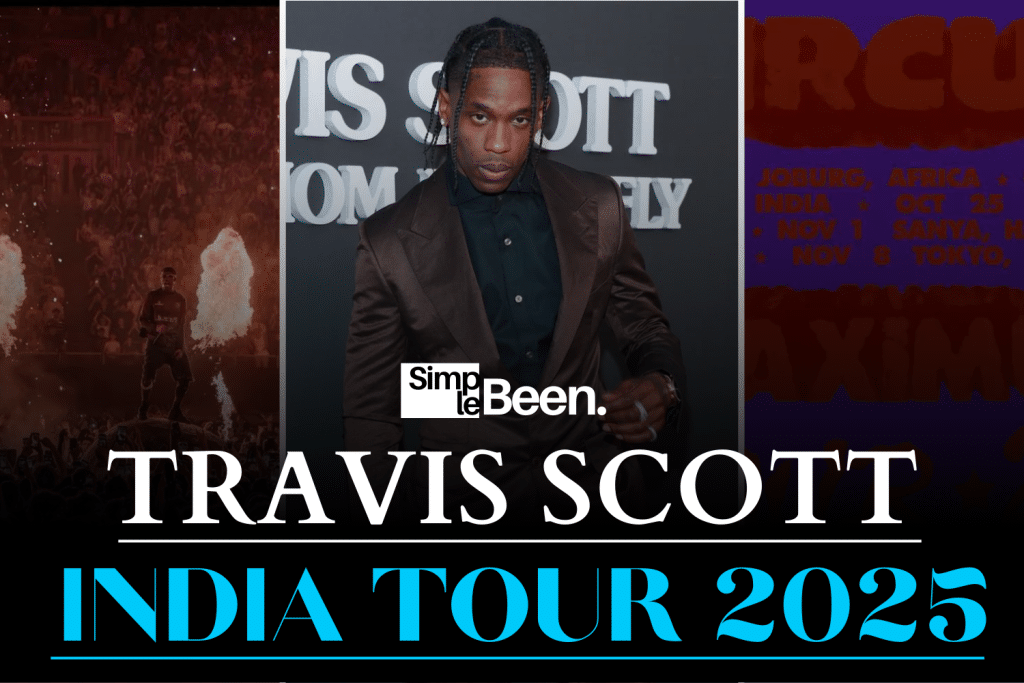
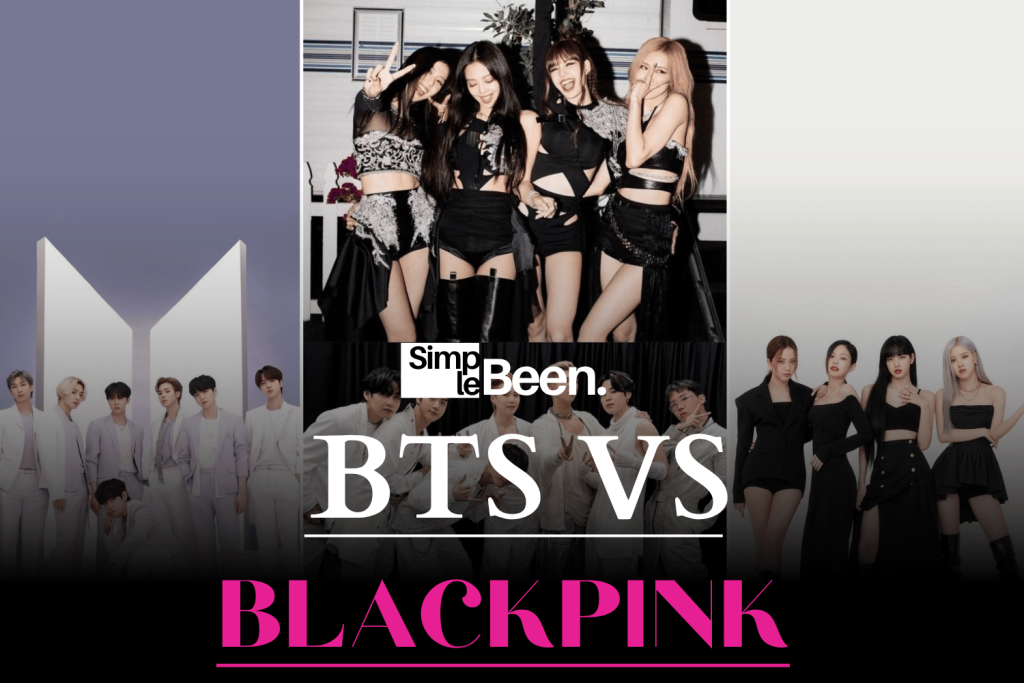



Leave a Comment